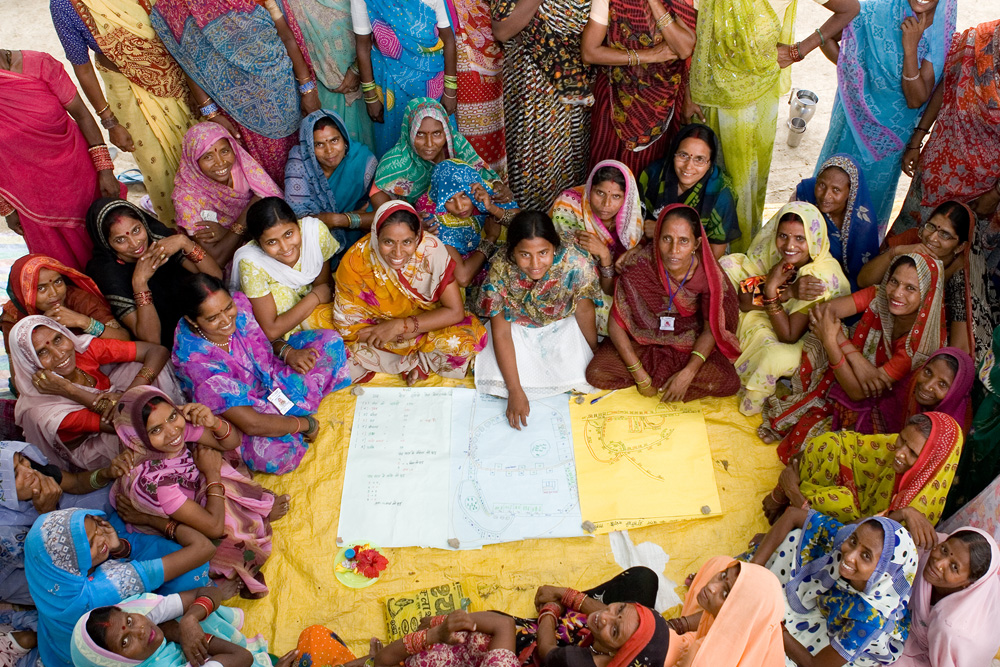
Gender equality and women’s empowerment are fundamental principles for achieving a more just, inclusive, and sustainable world. Here’s a perspective on their significance and how they intersect:
Gender Equality: Gender equality entails ensuring that all individuals, regardless of their gender, have equal rights, opportunities, and access to resources and decision-making processes. It involves challenging and dismantling discriminatory norms, practices, and structures that perpetuate inequalities based on gender. Gender equality benefits everyone by promoting social justice, enhancing economic productivity, and fostering peaceful and cohesive societies.
Women’s Empowerment: Women’s empowerment goes beyond mere equality; it encompasses the process of enabling women to realize their full potential, exercise their rights, and participate actively in all spheres of life. This includes access to education, healthcare, economic opportunities, and leadership roles, as well as freedom from violence and discrimination. Empowered women not only contribute to their own well-being and that of their families but also drive positive change at the community, national, and global levels.
Intersectionality: Gender equality and women’s empowerment intersect with other dimensions of identity, such as race, ethnicity, class, age, sexual orientation, and disability. Recognizing and addressing the intersecting forms of discrimination and disadvantage that women face is essential for achieving meaningful progress towards gender equality. Intersectional approaches ensure that interventions are inclusive and responsive to the diverse needs and experiences of all women and girls.
Benefits to Society: Promoting gender equality and women’s empowerment yields numerous benefits for individuals, communities, and societies as a whole. It leads to better health and education outcomes, reduces poverty and inequality, drives economic growth and innovation, and enhances peace and stability. When women are empowered and able to participate fully in decision-making processes, policies and programs become more effective, responsive, and sustainable.
Global Goals: Gender equality and women’s empowerment are integral to the achievement of the Sustainable Development Goals (SDGs) adopted by the United Nations. They are explicitly recognized in Goal 5, which aims to “achieve gender equality and empower all women and girls,” and are cross-cutting themes in other goals related to health, education, economic growth, and peace and justice.
By prioritizing gender equality and women’s empowerment, societies can unlock the full potential of half of their population, accelerate progress towards achieving sustainable development, and create a more equitable and inclusive world for future generations.